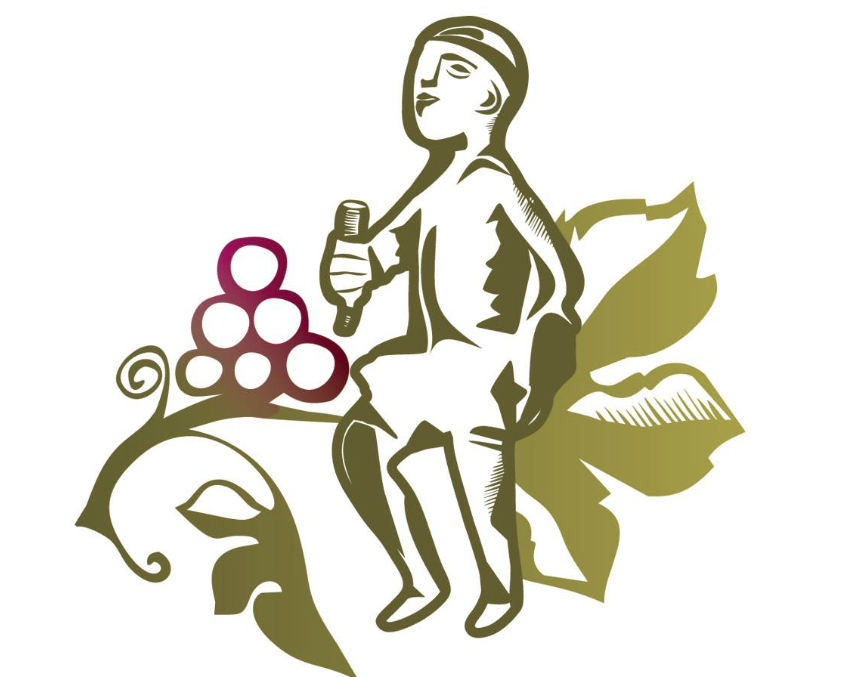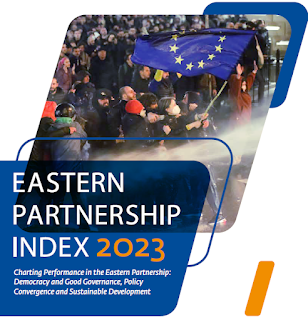Alexander KAFFKA, editor-in-chief of CJ: Hello and welcome to Caucasian Journal video interviews!
Our guest today is Martin SKALSKÝ, chairman of the Czech non-governmental organization Arnika and leader of Centre for the Support of Citizens. He coordinates many projects in the countries of the former Soviet Union and Western Balkans in the field of environment protection.
Dear Martin, welcome to Caucasian Journal. At the launch of our Journal we have installed an air quality widget right on our main page. So, no wonder that environment protection and especially air quality is our top concern. Let me start with the alarming phrase from your website “Tbilisi is among Europe's top three most polluted metropolises”. How bad is it now, in simple words? And what are the other two cities?













